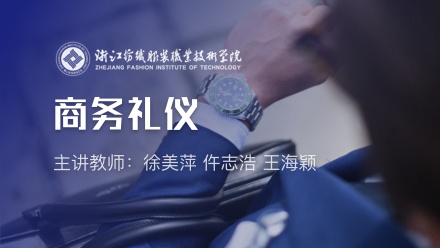钢琴演奏基础(Fundamentals of Piano Performance)课程:前往报名学习
Learning piano should start from an early age, because piano is an art of finger movement. At the same time, piano is a keyboard art that both hands participate in at the same time. Learning piano from childhood can train the right brain's image thinking ability and coordination ability. This course is intended to systematically teach the basic knowledge of music theory, including basic rhythm form, basic hand type, fast running principle, singing legato, etc..
开设学校:四川音乐学院;学科:其他、
Learning piano should start from an early age, because piano is an art of finger movement. At the same time, piano is a keyboard art that both hands participate in at the same time. Learning piano from childhood can train the right brain's image thinking ability and coordination ability. This course is intended to systematically teach the basic knowledge of music theory, including basic rhythm form, basic hand type, fast running principle, singing legato, etc..
-Chapter I Learn the basic knowledge of staff and recognize notes
-Unit test 1
-music appreciation-Chopin fourth ballad in f minor Op.52
-Chapter II Time value and rest, time sign and punctuation of notes
-Unit test 2
-music appreciation-L.v.Beethoven piano sonata in A flat major, Op.110 1st&3rd movements
-Chapter III Recognize the Cautionary Accidental, and analyze the temporary signs and key signs
-Unit test 3
-music appreciation-Chopin etude in a minor, Op.25 no.11
-Chapter IV: Syncopation rhythm, repetition mark and homophone connection, weak points starting measu
-Unit test 4
-Chapter V The first practice: touch key practice by single hand
-Unit test 5
-Chapter VI Five fingers in normal position exercise, high finger raising training method, thumb vert
-Unit test 6
-Chapter VII The correct playing method of the slur. Learn the theme and twelve variations by Bayer
-Unit test 7
-Chapter VIII: Learn Bayer’s theme and eight variations, and demonstrate the three hand joint play of
-Unit test 8
-Chapter IX how to play the quavers correctly, learn "John Thompson Easy Piano Course" 2
-Unit test 9
-Chapter X staccato and legato, preliminary understanding of dynamic mark and tempo change mark
-Unit test 10
-Chapter XI learn to sing on the piano
-Unit test 11
-Chapter XII practice of hand extension and hand ensemble in the range of one octava
-Unit test 12
Xu Yi, pianist, Professor of Piano Department of Sichuan Conservatory of music, member of Sichuan Musicians Association, member of Chengdu Musicians Association, executive director of Sichuan piano Association, member of Hong Kong piano music tutor alliance, and judge of Spanish youth international piano competition. He has successively studied with Professor Dan Zhaoyi (1985-1995), Yang Hanguo (1995-1999) and Li Xiaoling (1999-2004).In 2001, he participated in Howard master class of International Piano Competition in Liszt, the Netherlands, which only 9 people were selected in the world. In December 2002, he won the open group championship of the 12th Hong Kong Asia Piano Open Competition.In March 2003, he won the prize in the 49th Maria Canals International Piano Competition held in Barcelona, Spain.In April 2003, he was invited to perform in the world famous Hamburg concert hall.In January 2004, he was invited to perform in the concert hall of the Great Hall of Hong Kong, Shunde, Gu

